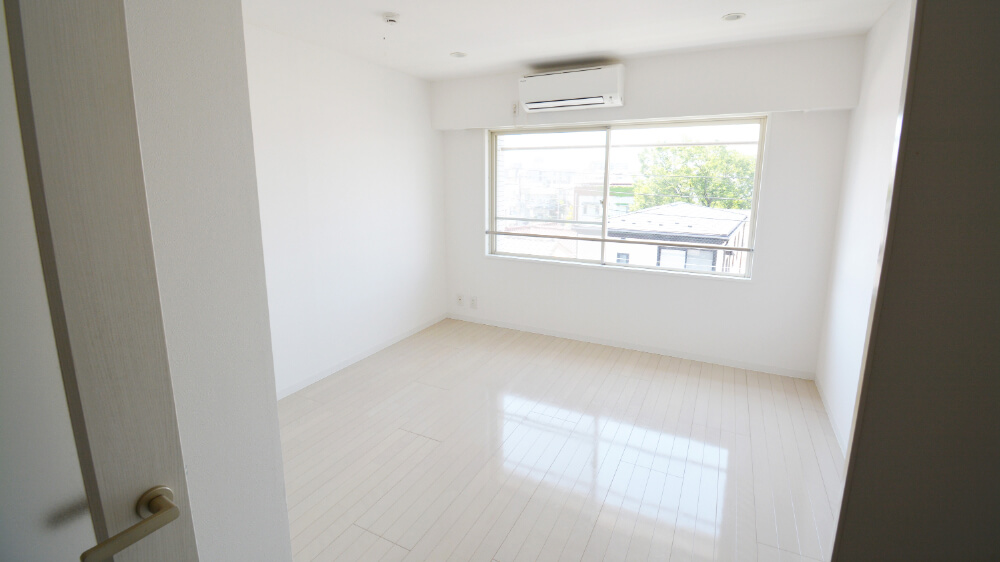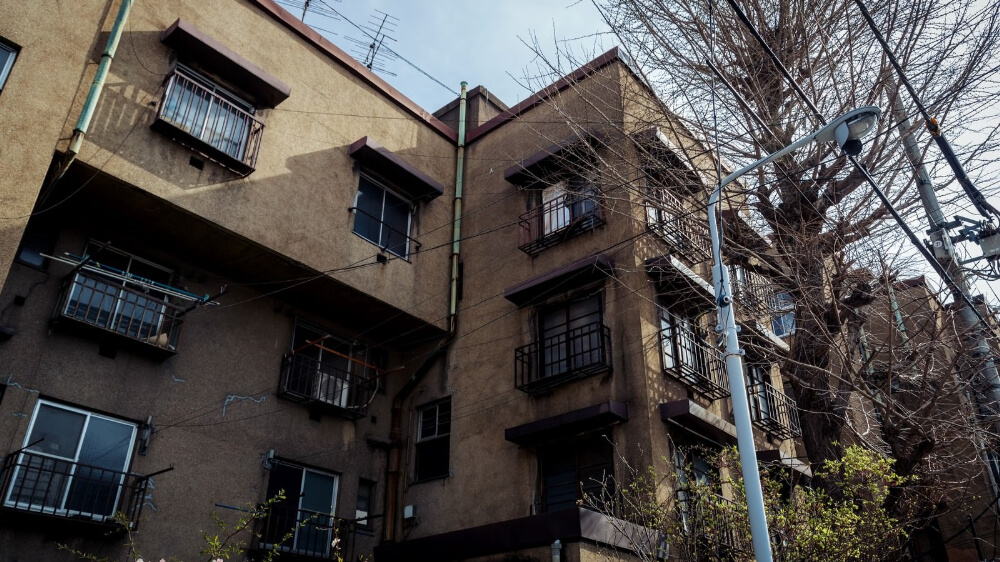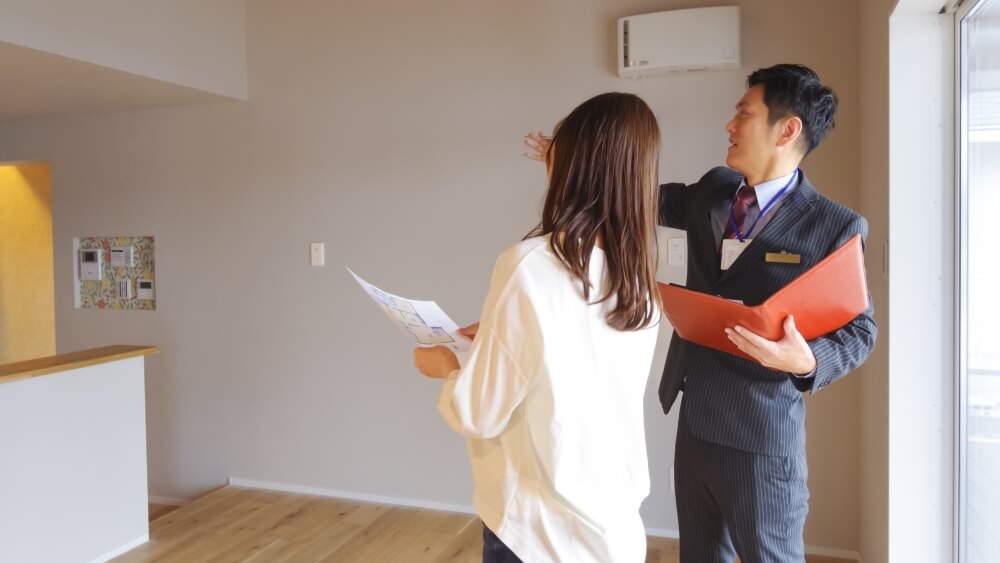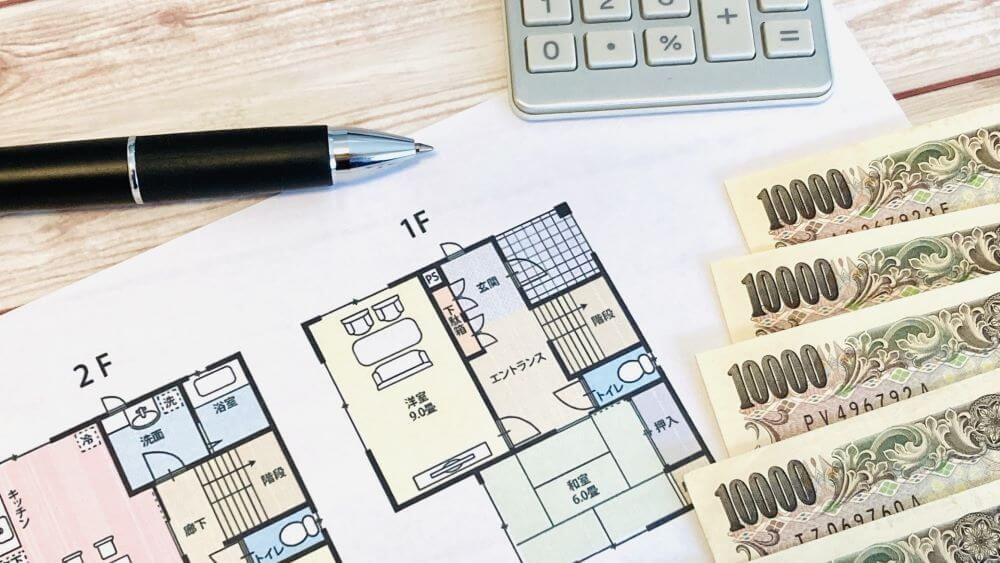Looking for a rental property in Japan can be a complex process, especially for foreigners. The criteria and points to consider can differ from those in other countries. To ensure a smooth procedure, it’s crucial to understand the aspects of renting an apartment in Japan. Since the property you choose directly impacts your quality of life, make sure to thoroughly inspect the property and its surroundings. Here are some key points to keep in mind.
Schedule a Property Viewing

Before deciding on a property, always arrange for a viewing. Seeing the property in person allows you to check aspects that photos or online listings might not reveal. Contact the real estate agent to set up a viewing and ask any questions you might have on the spot. There are two main ways to arrange a viewing:
Visit a Real Estate Agency in Person
In city centres and near train stations, you’ll find many real estate agencies. You can discuss your preferences, and they will introduce several properties that match your criteria. You can then review the details and photos, and request to view any properties you like. Unless the property is currently occupied or undergoing renovations, you can usually view it on the same day or within a few days. Visiting an agency in person allows you to get detailed information and help in creating a shortlist of properties to visit. Most agencies welcome walk-ins without an appointment.
Apply Online or By Phone
These days, it’s common to search for properties online. The vast amount of information and filtering options make this method very convenient. Most property listing pages include a button to request a viewing or contact information. This method is ideal for those living far away or with limited daytime availability.
Key Points to Check When Renting an Apartment in Japan
Property Condition and Features

During the viewing, it’s crucial to thoroughly assess the condition and specifications of the property. Let’s take a detailed look at the following points:
Sunlight
The amount of natural light can greatly affect your living experience. Bright rooms with good sunlight are more pleasant and warmer, especially in winter. In Japan, properties with large south-facing windows are the most popular. Conversely, apartments with north-facing windows or those receiving direct west sunlight tend to have lower rental costs.
Ventilation
Japan has high humidity levels nationwide in summer. Poorly ventilated homes are prone to mold growth in closets and bathrooms. Check the placement and size of windows, as well as the availability and condition of air conditioning and ventilation fans.
Infrastructure Condition
Ensure that the water, electricity, and gas systems are in good working order and not outdated. In older or rural homes, propane gas might be used instead of city gas, which can affect utility costs. Newer homes might use all-electric systems, which have benefits like reduced fire risk but can also result in higher utility costs.
If you wish to learn more about utilities in Japan, refer to “Utilities in Japan: A Handbook on Using Electricity, Water, and Gas.“
Damage and Cleanliness
Inspect the walls, floors, and ceilings for any damage or stains. Ask the real estate agent if any noticeable damage can be repaired before you move in. If there are tatami mat rooms, check for any marks left by furniture. Also, confirm there is no mould in poorly ventilated areas or around water sources.
Building Structure
Verify the age, earthquake resistance, and quality of construction materials to ensure safety. Since Japan is prone to earthquakes, choosing a property with earthquake-resistant features is very important. Additionally, check the cleanliness of the building’s exterior and common areas to gauge the management quality.
Surrounding Environment

During property viewings, it’s essential to consider not only the property itself but also its surrounding environment, as it significantly impacts comfort and convenience upon moving in. Let’s thoroughly check the following aspects:
Noise Levels
The noise level in the vicinity directly affects your quality of life. During the viewing, open the windows and listen for any outside noise. Apartments near busy roads or railways might have higher noise levels. Proximity to schools or commercial areas might lead to daytime noise, while major roads could be noisy at night due to trucks or motorbikes.
Rubbish Disposal
Examine the location, cleanliness, collection days, and sorting rules of rubbish disposal areas. Local municipalities typically collect organic waste about twice a week. While some apartments may permit daily disposal of organic waste, poorly managed trash disposal areas can attract pests such as insects and rodents, negatively affecting living conditions.
Convenience
The proximity of supermarkets and train stations to the property is crucial for everyday convenience. Verify whether these locations are accessible on foot or by bicycle, and assess the convenience of using public transportation, which is particularly important for shopping and commuting to work or school.
Parking and Bicycle Storage
If you own a car or bicycle, confirm the availability and conditions of parking and bicycle storage facilities. Check the fees, availability, and ease of use. Also, ensure the parking spaces are safe and spacious enough.
Property Management
A well-organised apartment management is crucial for a comfortable living environment. Evaluate the cleanliness of shared areas, the presence of a building manager, and the response system for emergencies. Ask the real estate agent about any past management issues.
Neighbouring Buildings
Identify and assess the type and condition of nearby buildings. For example, proximity to restaurants or bars may result in nighttime noise disturbances or an increased presence of pests. Construction activities in the vicinity may also lead to noise, pollution, or traffic restrictions. It’s essential to thoroughly investigate the usage and condition of neighbouring buildings.
Local Residents
The demographics of neighbouring residents significantly influence living comfort. Inquire with the real estate agent about the neighbourhood’s general demographics and whether there have been any noise or etiquette issues. Also, gain insights into the predominant resident profiles, such as families, students, or young professionals. If possible, greet and talk to potential neighbours to get a sense of the community.
When choosing a rental property, it’s important to check not just the property itself but also its surroundings and infrastructure. Take your time during viewings to ensure all conditions meet your satisfaction. Use these tips to find the ideal home for a comfortable living experience. If you’re looking to understand all the steps necessary for renting an apartment in Japan, read “Renting an Apartment in Japan | All Steps You Should Do.“


